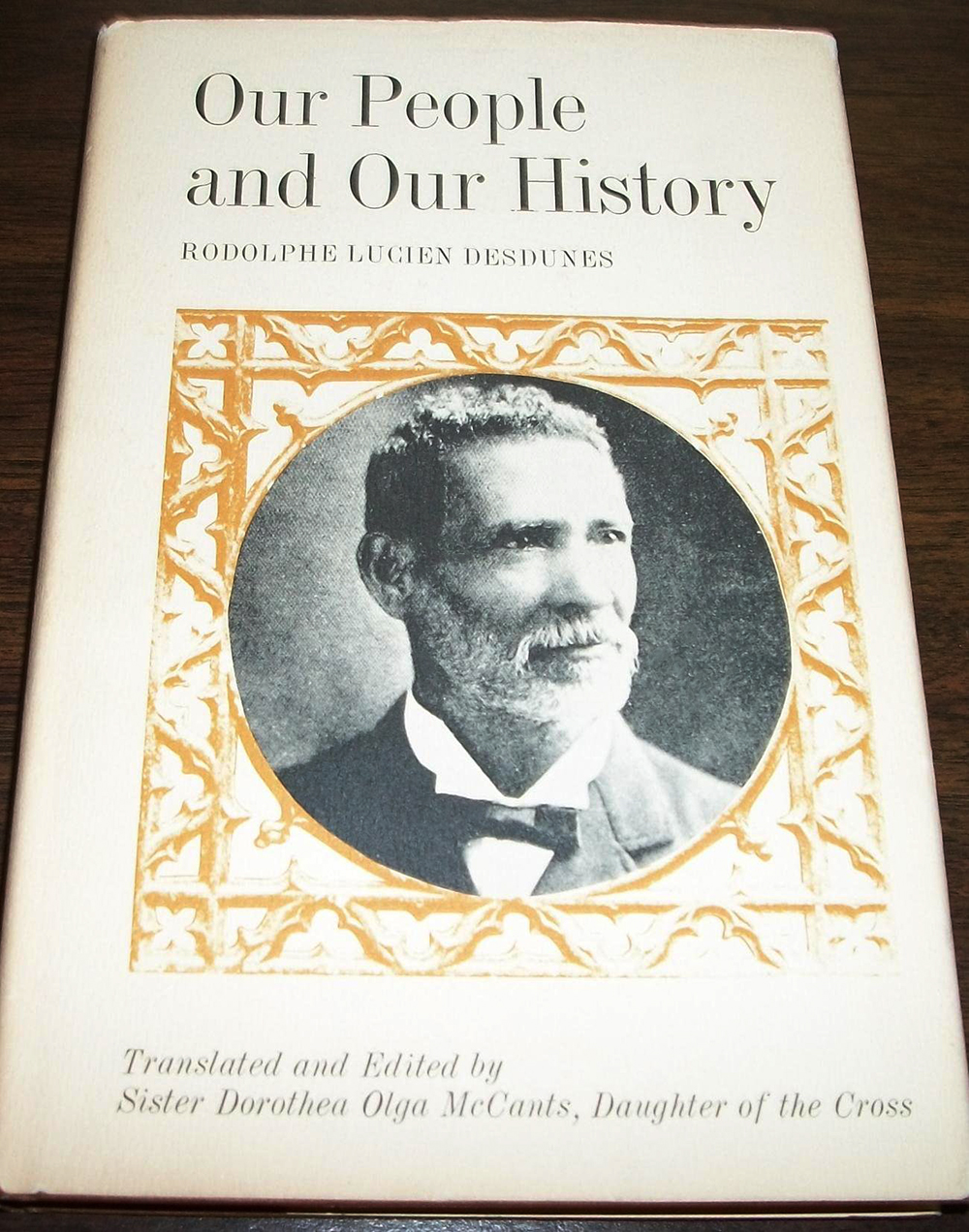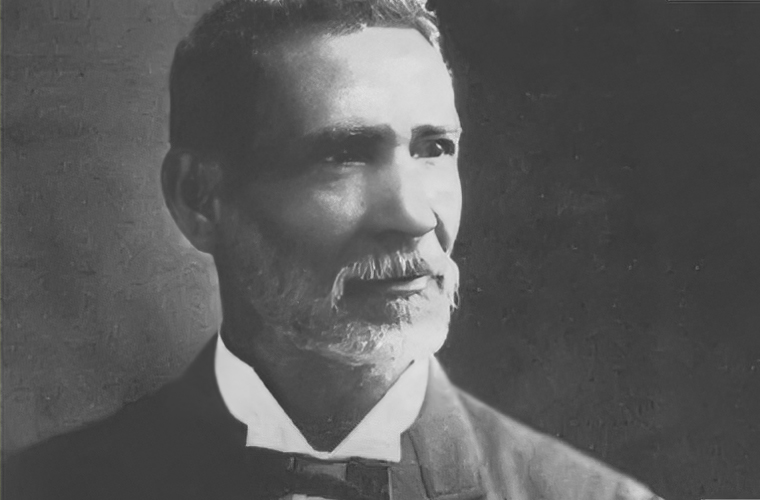Rodolphe Lucien Desdunes was a Haitian-American writer, historian, and civil rights advocate. He is best known for his efforts to preserve and promote the history and culture of Haiti and the contributions of Haitians to the United States. Desdunes was born on November 13, 1849, in New Orleans, Louisiana, to a free Creole family of Haitian descent. His parents had immigrated to the United States from Haiti during the Haitian Revolution. Desdunes grew up in a vibrant community of Haitian immigrants and free people of color in New Orleans, which influenced his strong sense of identity and commitment to social justice.
Desdunes became involved in civil rights activism and worked to combat racial discrimination and inequality. He was an advocate for the rights of African Americans and sought to challenge racial stereotypes and prejudice through his writings.

In 1911, Desdunes published a seminal work titled “Our People and Our History.” The book provided a comprehensive account of the history of Haiti, highlighting its revolutionary struggle for independence and the achievements of its people. It also explored the contributions of Haitian immigrants and their descendants in the United States, particularly in New Orleans. “Our People and Our History” played a significant role in promoting Haitian culture and challenging negative perceptions of Haiti and its people.
Desdunes was a prominent figure in the New Orleans literary and intellectual circles. He was a founding member of the Comité des Citoyens (Citizens’ Committee), a civil rights organization that fought against racial discrimination and segregation. The committee played a crucial role in the landmark Plessy v. Ferguson case in 1896, which challenged racial segregation laws and led to the infamous “separate but equal” doctrine.
Rodolphe Lucien Desdunes passed away on December 28, 1928, in New Orleans. His contributions to the preservation of Haitian history and culture, as well as his activism for civil rights, left a lasting impact on the African American and Haitian communities. He is remembered as a trailblazer and advocate for social justice, who sought to elevate the voices and stories of Haitians and fight against racial inequality.

